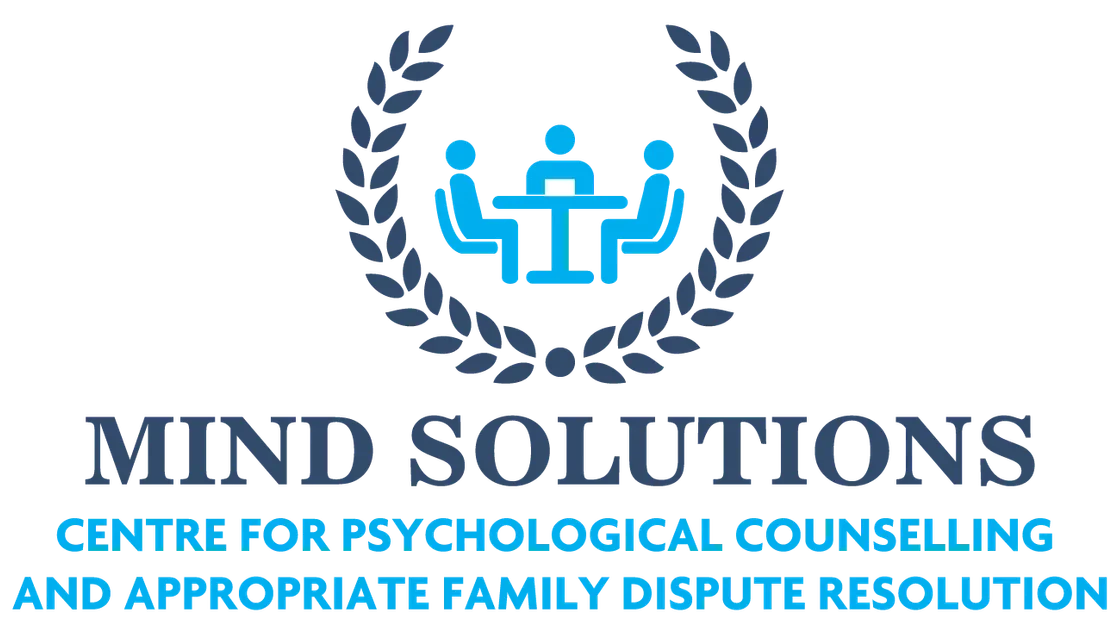
Mediation vs. Counseling: What Works Best in Marriage Counseling in Chennai?
Conflicts are a natural part of human relationships — whether in families, workplaces, or legal disputes. When disagreements escalate, people often wonder: Should I seek mediation or counseling? This question is particularly relevant for individuals and families exploring marriage counseling in Chennai, where both professional counseling and structured mediation services are becoming more accessible.
In this blog, we’ll explore the key differences between mediation and counseling, why they matter, and how these approaches are shaping the way people handle conflicts in marriages, relationships, and even legal matters.
The Overlap and the Confusion
During my lectures on mediation, one recurring question from students and professionals is: “How is mediation different from counseling?” The confusion is understandable. Both involve dialogue, empathy, and structured conversations. However, the goals, processes, and outcomes of the two are quite different.
For instance, someone seeking marriage counseling in Chennai may actually need emotional support and therapeutic guidance to rebuild their relationship, while another couple in conflict may benefit more from mediation, which focuses on agreements and resolutions.
Mediation vs. Counseling: Key Differences
Let’s break this down into clear distinctions:
✅ Mediation: Resolving Disputes with Dialogue
Mediation is a structured process where a neutral mediator facilitates communication between two or more parties. The objective is to reach a mutually acceptable agreement. It is often used in family conflicts, workplace issues, and even under the framework of divorce law.
Key features:
- Focused on agreements and decisions.
- Future-oriented.
- Neutral mediator ensures fairness.
✅ Counseling: Healing Through Emotional Guidance
Counseling, on the other hand, is therapeutic. In the context of couple counseling or couple therapy, it provides individuals or couples with a safe space to explore their emotions, improve communication, and strengthen their bond.
Key features:
- Focused on emotional well-being.
- Past and present experiences are explored.
- Counselor offers professional guidance and coping strategies.
✅ Role of Professionals
- Mediator: Facilitator of conversations, ensures both sides are heard, guides toward resolution.
- Counselor: Provides emotional clarity, supports healing, and helps build stronger relationships.
✅ Outcomes
- Mediation → A tangible decision or agreement.
- Counseling → Improved emotional health and relationship resilience.
Why This Matters in Today’s Context
The distinction between mediation and counseling is more than academic — it’s deeply practical.
- For psychologists and psychology students, understanding mediation adds to their skill set, equipping them to address conflicts beyond therapy.
- For law students and legal professionals, awareness of counseling highlights the human and emotional dimensions often missing in strict legal frameworks. This is particularly valuable when dealing with sensitive cases under divorce law.
- For couples and families, the awareness ensures they choose the right support at the right time — whether through marriage counseling in Chennai or through structured mediation sessions.
The Role of Marriage Counseling in Chennai
In a culturally diverse and fast-growing city like Chennai, the demand for both mediation and counseling services is increasing. Families facing conflicts — from communication breakdowns to marital disputes — are seeking holistic solutions.
Marriage counseling in Chennai provides a therapeutic pathway for couples to rediscover understanding, empathy, and connection. Trained counselors offer couple therapy that addresses not just conflicts but also emotional well-being, helping partners build a healthier, more sustainable relationship.
At the same time, mediation services are gaining relevance. For couples considering separation, mediation ensures respectful conversations and agreements, often aligned with legal requirements under divorce law.
Together, these approaches ensure that individuals and couples are supported at every stage of their journey — whether they’re working to save a relationship or navigating its closure with dignity.
A Broader Perspective: Building a Conflict-Resilient Society
On a larger scale, integrating counseling and mediation into personal, professional, and legal frameworks creates a more compassionate society. Disputes are inevitable — but destructive conflicts don’t have to be.
By encouraging people to seek either marriage counseling in Chennai or mediation based on their unique needs, we normalize healthy dialogue, reduce litigation burdens, and promote emotional resilience.
Final Takeaway
Both mediation and counseling are powerful tools, but they serve different purposes. Mediation resolves disputes, while counseling heals emotions. When applied wisely, they not only strengthen relationships but also build trust within families and communities.
If you’re in Chennai and facing challenges in your marriage or relationship, explore the right option for you — whether it’s marriage counseling in Chennai for emotional healing or mediation for structured conflict resolution.


